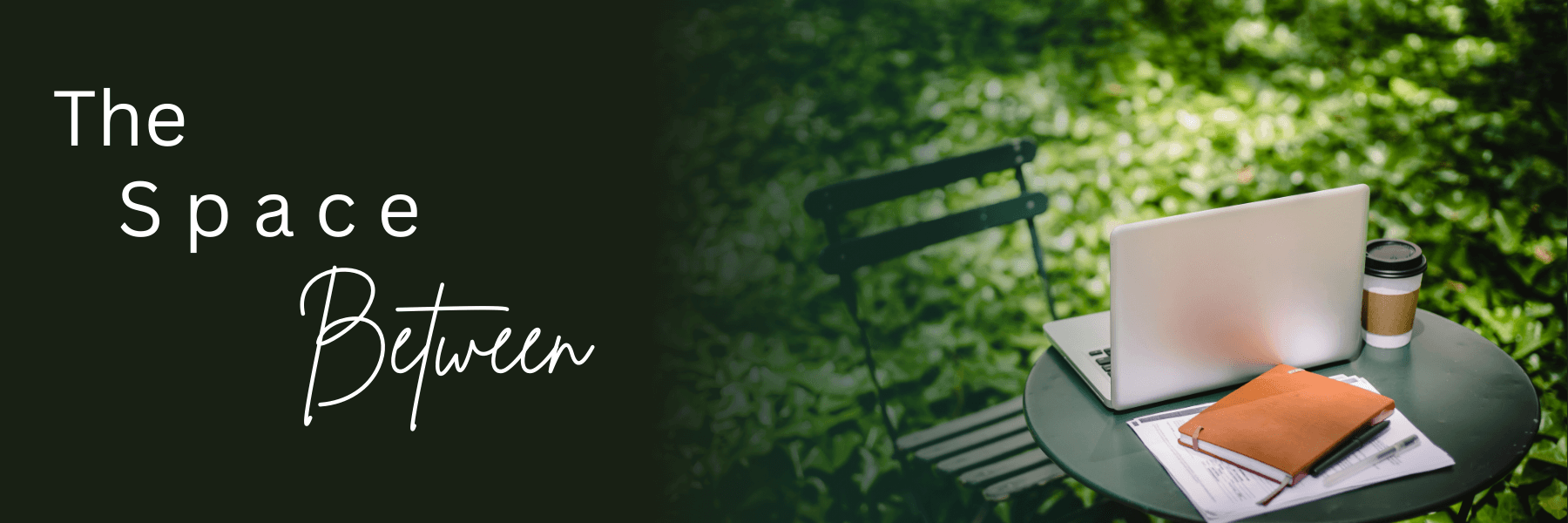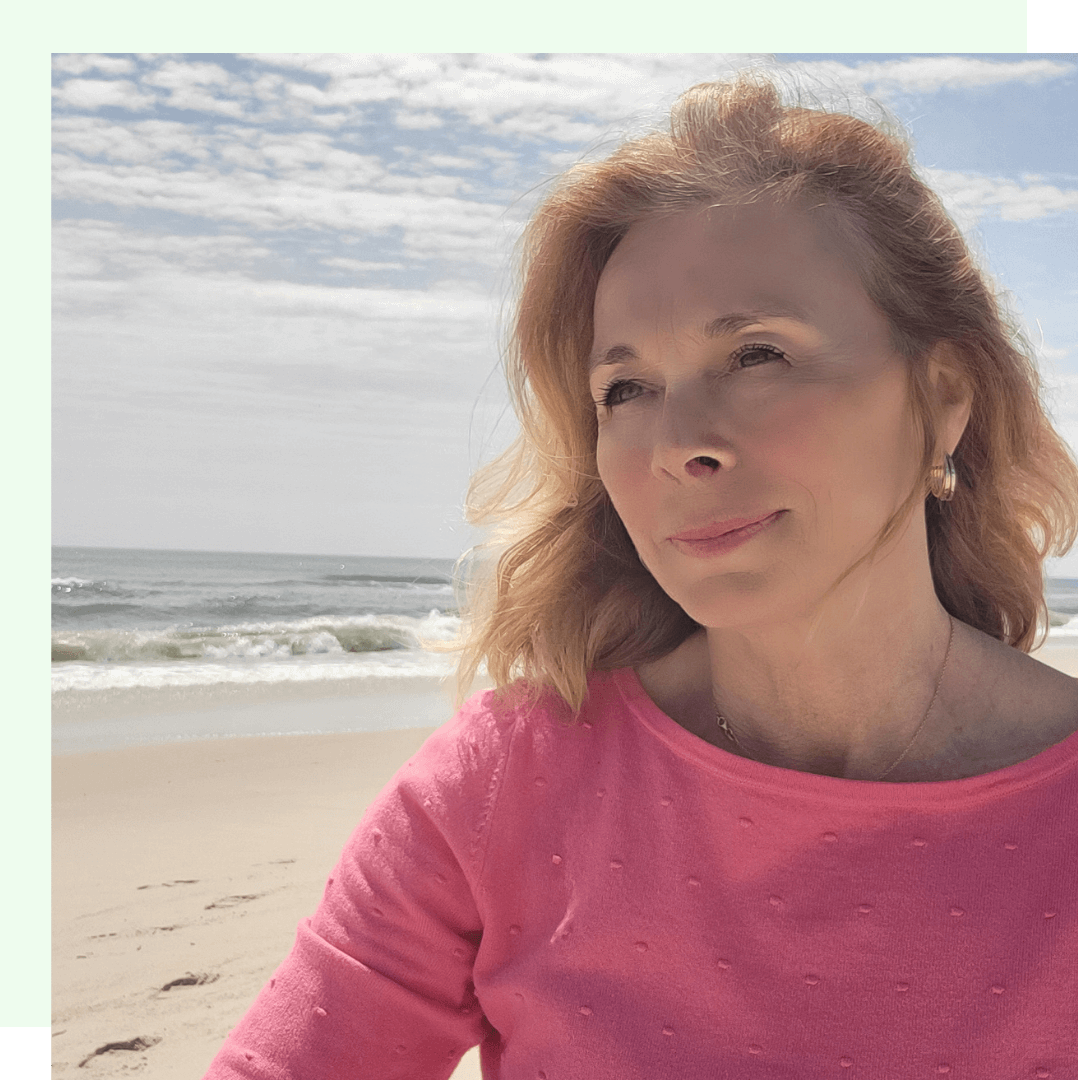
Burnout isn’t always the result of working too hard. Often, it comes from chasing the “right” milestones without the meaning that makes effort sustainable. Many high achievers were trained early to optimize for grades, titles, and approval, only to discover that external motivation fades when autonomy, growth, and connection are missing. When success becomes identity and comparison shapes motivation, even real progress can start to feel hollow, urgent, and insufficient. This article explores why burnout can run deeper than fatigue, how purpose evolves over time, and the quieter question that can shift everything: not just what you’re pursuing, but who you’re becoming in the process.
Research shows that staying on a misaligned path increases stress and lowers satisfaction. Discover how to reframe your experience, use your strengths, and move forward with purpose.
Read more...You’ve mastered the art of endurance. But endurance without direction keeps you stuck. This isn’t about hustle — it’s about alignment. And that shift changes everything.
Read more...I had an interview playing in the background while I worked not really listening, just letting it fill the silence. Mariska Hargitay was being interviewed and she said something that made me listen more closely. She said one of the gifts of aging is getting time and space back. And with that space comes something else: clarity. That resonated, because for me it has proven to be true.
It reminded me of something Arnold Schwarzenegger said in a documentary about him. He’s not exactly known for emotional insight, but this stuck with me:
In the first half of life, we’re always adding, muscle, money, achievements, people. But as we get older, life becomes more about subtraction. Letting go of what no longer matters. Releasing what doesn’t fit. Making space.
We lose people, too sometimes through death, sometimes through distance. Relationships shift, whether by choice or by happenstance. And even when the love stays, the shape of things change.
And what I’ve learned, more often the hard way, is that not every loss is a loss. Sometimes subtraction is exactly what reveals what’s real. But clarity doesn’t come easy.
When Hargitay was asked whether clarity can come at any age, she answered with: “The only way out is through", suggesting that clarity was available at any age if one is willing to move through rather than avoid. For me it felt so true. Because clarity doesn’t show up when we distract ourselves with busyness or try to leapfrog over the grief we feel from loss. It shows up when we sit in discomfort, when we let the silence form, and we allow ourselves to meet whatever’s waiting there.
As I’ve moved through life lately, I’ve spent a lot of time mourning what was slipping away. My energy. The time I used to have with my kids. The role I played in their everyday lives. The friendships that were once so steady and constant. Even the small things, like my strength and flexibility, or how easily I used to fall asleep, or the skin I never thought to appreciate. And of course, there have been the bigger, deeper losses like my mom and people close to me
When the pandemic hit, everything cracked wide open.
Work stopped. I wasn’t going into the office anymore. We were mid-renovation in a new town that didn’t yet feel like home. My oldest son graduated and moved away. My youngest was attending high school from his bedroom. My mom died suddenly. And not long after that, our beloved dog passed away, too. The world around me felt strange, unfamiliar. But more than that, I felt unfamiliar. The rhythms and roles that used to ground me had disappeared. At first, all I could see was loss. It felt like I was being slowly erased from my own life.
A friend gently encouraged me to find gratitude. I knew she meant it kindly. And maybe at another point I could’ve heard her. But at the time, I wasn’t ready. I felt like I was in free fall, grasping for something solid that wasn’t there. And somewhere in the middle of that fall, I hit a deeper truth: when your parent dies, even as an adult, there’s a moment when you realize no one is coming to save you. You’re it now. You’re the grown-up. And the invisible safety net you didn’t even know was still there... is gone.
Life has a way of moving on. And in the quiet that followed, I noticed something I hadn’t before: space.
There was space in my home, with rooms now still and waiting. Space in my schedule, with no more practices to drive to or dinners to prep around other people’s calendars. And space in my mind, admittedly uncomfortable at first, but filled with questions I couldn’t ignore anymore.
What’s next?
Who am I now?
Who do I want to become?
Who am I now?
Who do I want to become?
That’s when clarity started to show up. Not all at once. But piece by piece, gently, in the space I didn’t even know I needed.
Space creates room for reflection. Reflection brings awareness. And grace is what we give ourselves when we finally get honest about where we are. That’s when clarity appears. And with it, the power to focus only on what matters most. It was around this time that I started working with a coach. Having someone reflect things back to me, ask meaningful questions, and simply hold space, without trying to fix me, helped more than I expected. I also started journaling. That simple, quiet habit became a lifeline. It still is.
Now, as a coach, I often return to a simple but powerful framework that I use with clients going through big transitions:
Awareness. Audit. Accountability.
First, we build awareness what’s changed, what’s been lost, and what you’re feeling.
Then we take an honest audit what were you holding onto out of habit, fear, or the need to feel useful?
And finally, we bring in accountability deciding what stays and what goes, and identifying what you want to carry forward into whatever comes next.
This process doesn’t erase grief. It doesn’t magically fill in what’s gone. But it does create room for something new to grow: possibility, gratitude, a deeper sense of who you are now and what you want next.
So if life is asking you to let go of something a role, a relationship, an identity you once clung to remember: not everything you lose is a loss. Sometimes subtraction is the thing that sets you free. Sometimes it’s how you find clarity. And sometimes, the only way out is through.
Journaling Prompt
If you’ve been moving through change and want a place to start, try this:
Where in your life have you been focused on what you’ve lost?
What space has opened up because of it?
What space has opened up because of it?
How might grace change the way you see it?
If you’re standing at a turning point and wondering what’s next, you’re not alone.
This is the work I do with clients every day creating space, finding clarity, and helping you take aligned steps toward what matters most.
If that’s something you’re looking for, let’s connect. Sometimes, one conversation is all it takes to spark a shift.
The change from summer to fall is always noticeable. The long, loose days give way to structure and the school buses return. And if you live in a seasonal area like me, the crowds fade  too and so does the energy. For parents, this shift is more than just swapping flip-flops for routines it’s often a deeper reminder of change. Kids head back to school, some off to college, and suddenly the calendar that once overflowed with practices, carpools, and parent meetings looks strangely empty.
too and so does the energy. For parents, this shift is more than just swapping flip-flops for routines it’s often a deeper reminder of change. Kids head back to school, some off to college, and suddenly the calendar that once overflowed with practices, carpools, and parent meetings looks strangely empty.
 too and so does the energy. For parents, this shift is more than just swapping flip-flops for routines it’s often a deeper reminder of change. Kids head back to school, some off to college, and suddenly the calendar that once overflowed with practices, carpools, and parent meetings looks strangely empty.
too and so does the energy. For parents, this shift is more than just swapping flip-flops for routines it’s often a deeper reminder of change. Kids head back to school, some off to college, and suddenly the calendar that once overflowed with practices, carpools, and parent meetings looks strangely empty.It’s in these transitions when the noise quiets and the pace slows that many of us find ourselves face-to-face with the in-between of change.
A Story on the Shore
I looked over and saw her sitting quietly on the beach. She was hard to miss. The usual summer crowd had thinned, but there she was still, thoughtful, her energy almost visible. My heart went out to her because that look, that heaviness, was familiar.
It wasn’t just the season shifting from the high energy of summer to the crispness of fall. It was something deeper. The kids going back to school, some leaving for college. The cooler air, shorter days. The golden hour that once lingered until 7 now slipping away before 6. I went over to say hello. As soon as we started talking, I could see it in her face: sadness mixed with pride, joy intertwined with loss.
She told me she was an empty nester for the first time. All of her kids were now away at college, not just hours away but states away. As excited as she was for them planning logistics, packing cars, celebrating their summer days with friends the distractions were over. Now it was quiet. And with the quiet came the ache. She blurted it out without hesitation: “Now I have to go back to a job I hate.” Her happy place summers with her family, her parents, and friends was ending. And what she was left with wasn’t just an empty house, but an empty-feeling routine.
Even now, with one son fully launched and the other coming and going for years, I recognize the look she carried. The seasonal shift still brings it up for me, too. The silence is both unsettling and illuminating. It strips away the distractions and makes space for awareness. And awareness, while uncomfortable, is the very beginning of change.
The Space Between Endings and Beginnings
Transitions are tricky because they contain both endings and beginnings. One chapter closes, and even if another is opening, it doesn’t always happen at the same pace. That in between space the pause between what was and what’s next is where we can feel most unmoored.
For parents, it can look like:
- Learning to step back while your kids step forward.
- Feeling proud of their independence but lonely in your own days.
- Realizing how much of your identity has been tied to being “needed.”
- Losing the structure that once kept you constantly busy and wondering who you are without it.
And this isn’t just about parenting. That in-between space shows up in career changes, health shifts, divorce, retirement, or even in the quieter moments when you realize you’ve been running on autopilot for too long. Whenever a role ends whether it’s raising children, closing a chapter in work, or saying goodbye to the familiar it leaves behind a silence. And it’s in that silence that the questions about who you are now begin to surface.
Why the Silence Feels So Loud
When the kids are home, or the calendar is full, or the distractions are plenty, we don’t always notice what’s missing. We stay busy, productive, needed. But once the noise fades, the silence starts to speak.
That silence can sound like:
- I’ve been doing what was expected, but what do I want now?
- This role is ending… but who am I without it?
- If I don’t love this job, this routine, this version of me then what’s next?
Silence forces us inward. And that is often the hardest place to go.
The Courage to Look Inward
Awareness is the foundation for everything. Without it, we drift. With it, we begin to steer our own course. But self-awareness requires an inward focus and that’s a difficult concept in modern society. We are constantly pulled outward by obligations, noise, and stimulation. For many, it feels easier to stay busy than to look inward and risk finding truths we’ve been avoiding.
Some people are even afraid of what they’ll uncover: dissatisfaction, regret, longing. So they keep moving, keep distracting, keep silencing that small voice that only speaks in stillness.
Yet self-awareness is critical. Without it, we can’t move forward in the right direction. With it, we can choose differently. Awareness is what transforms loss into possibility, endings into beginnings, and uncertainty into opportunity.
The Invitation Hidden in Change
The emptiness you feel when roles shift isn’t a void to be feared. It’s an invitation.
- An invitation to pause before rushing back into busyness.
- An invitation to reflect on who you’ve become and who you want to be.
- An invitation to reconnect with parts of yourself that were put on hold.
- An invitation to ask: What lights me up now?
Fall reminds us that letting go is part of the rhythm of life. The leaves drop, the sun fades earlier, the air sharpens and still, there’s beauty. Change is not just an ending. It’s also a doorway.
Moving Through the In-Between
Here are a few gentle practices for navigating these seasons:
- Name it. Simply acknowledging that you’re in transition can bring relief. You’re not broken. You’re shifting.
- Let both exist. Grief and gratitude, loss and excitement — they can coexist. Don’t rush to force one over the other.
- Reclaim time. What once went to others can now return to you. Even 30 minutes a day for yourself is a start.
- Stay curious. Instead of asking “What have I lost?” try asking “What might I gain?”
- Look inward. Notice what the silence is revealing. Awareness is the first step toward meaningful change.
Your Next Chapter
Transitions will always feel tender. They remind us that time moves, roles shift, and nothing stays the same. But they also hold a quiet promise: reinvention is always possible.
And here’s what I have learned: reinvention isn’t about escaping who you were. It’s about becoming more fully aware of who you are now.
And here’s what I have learned: reinvention isn’t about escaping who you were. It’s about becoming more fully aware of who you are now.
Self-awareness is what turns endings into beginnings. It’s what helps you move forward not just in any direction, but in the right one.
This is where I meet my clients: in that quiet space between roles, when the distractions fade and the deeper questions rise.
Cultivating awareness is the first step in my coaching framework. Because without it, change is reactive. With it, change becomes intentional and aligned with who you’ve become.
Cultivating awareness is the first step in my coaching framework. Because without it, change is reactive. With it, change becomes intentional and aligned with who you’ve become.
So if you find yourself staring at an empty calendar or sitting in the quiet of your own in-between season, know this: you’re not starting over.
You’re starting with awareness.
You’re starting with awareness.
Reflection Questions for You
- What am I noticing about myself now that I didn’t see before?
- Where in my life do I feel out of alignment with who I’ve become?
- What truth about myself am I ready to acknowledge, even if it’s uncomfortable?
- If I stopped filling the silence with busyness, what truth might I finally hear?
- How would greater self-awareness change the way I move into this next chapter?




